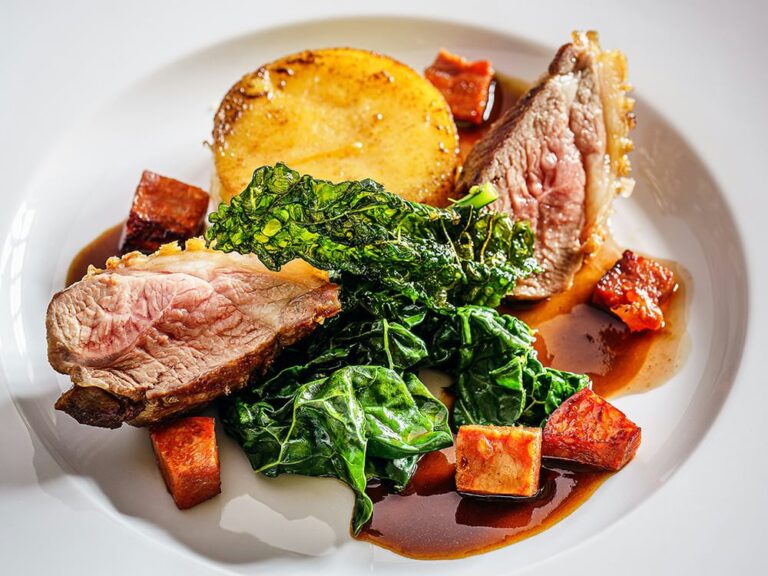Possessive pronouns
Possessive pronouns replace nouns and show ownership or possession. They agree in gender and number with the nouns they replace. In English, they are “mine,” “yours,” “his,” “hers,” “ours,” and “theirs.” Here’s a comprehensive table listing the French possessive pronouns: Possessor Singular Plural 1st person le mien (mine) les miens (mine) la mienne (mine) les…









